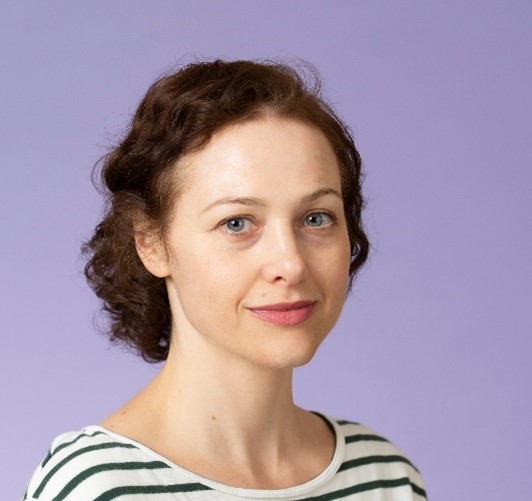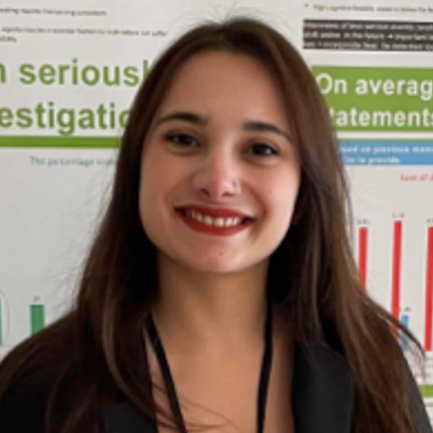Welcome to the information pages for the Scottish Institute for Policing Research Postgraduate Symposium 2023
The Symposium is an opportunity for current postgraduate researchers to come together and showcase the excellent work they are undertaking. As such, we are calling for presenters and poster contributions to submit a note of interest to sipr@napier.ac.uk. The design of presentation is 10 minutes plus 5 minutes for questions. The event will be closing with the award ceremony where we will be awarding prizes for best presentation and best poster (which will be determined by popular vote).
Deadline to notify intent to provide a poster is Monday 27 November 2023
Please note this is a free event and lunch will be included.
Further details will be made available on the SIPR website (sipr.ac.uk) as they are confirmed.










